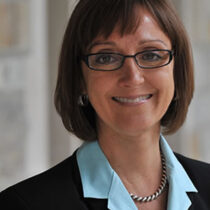
Detroit Partnership on Economic Mobility
The Partnership on Economic Mobility between Poverty Solutions and the City of Detroit is a joint effort to identify and implement concrete, evidence-based strategies that significantly improve economic opportunity and reduce poverty in Detroit.



